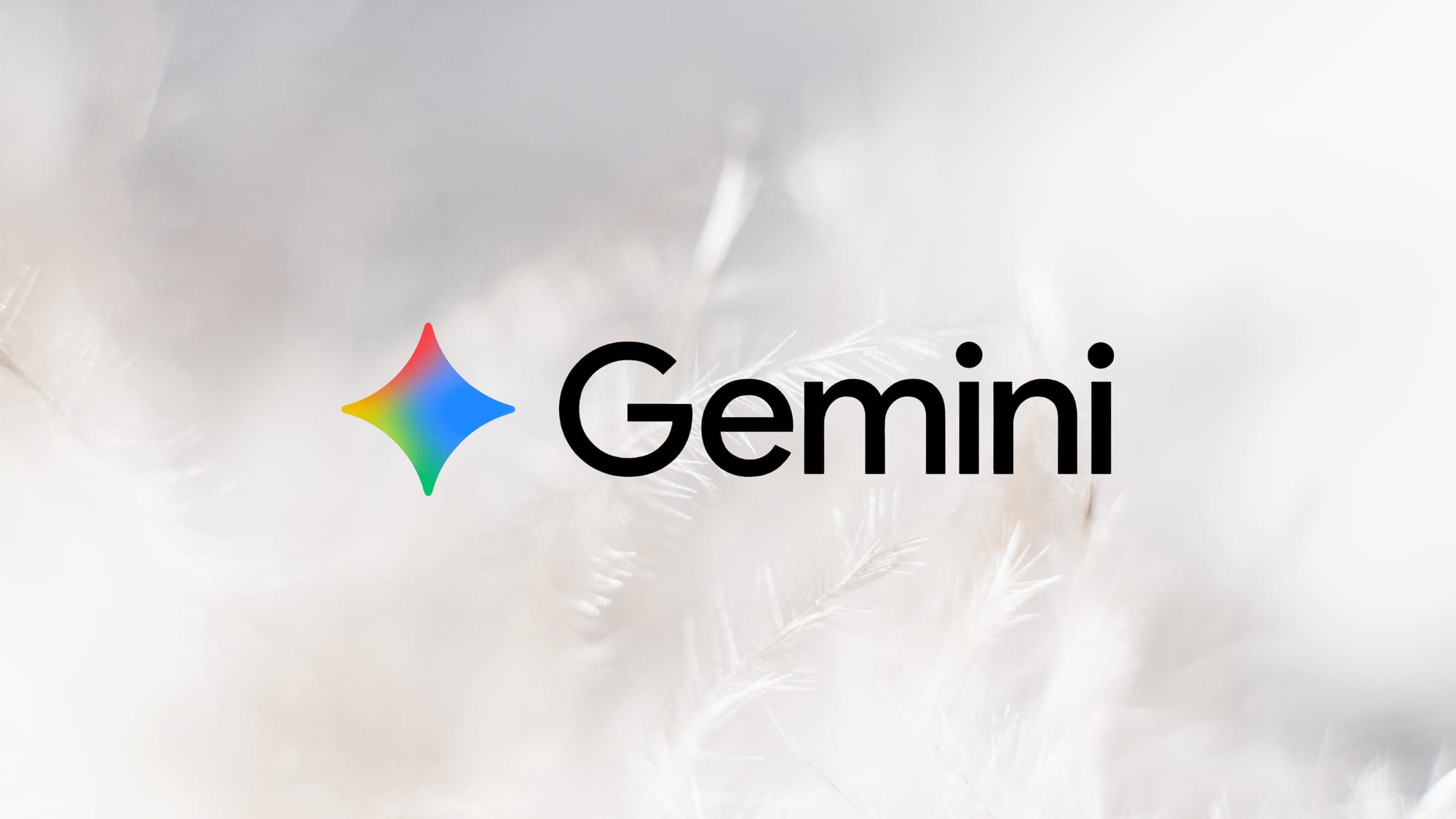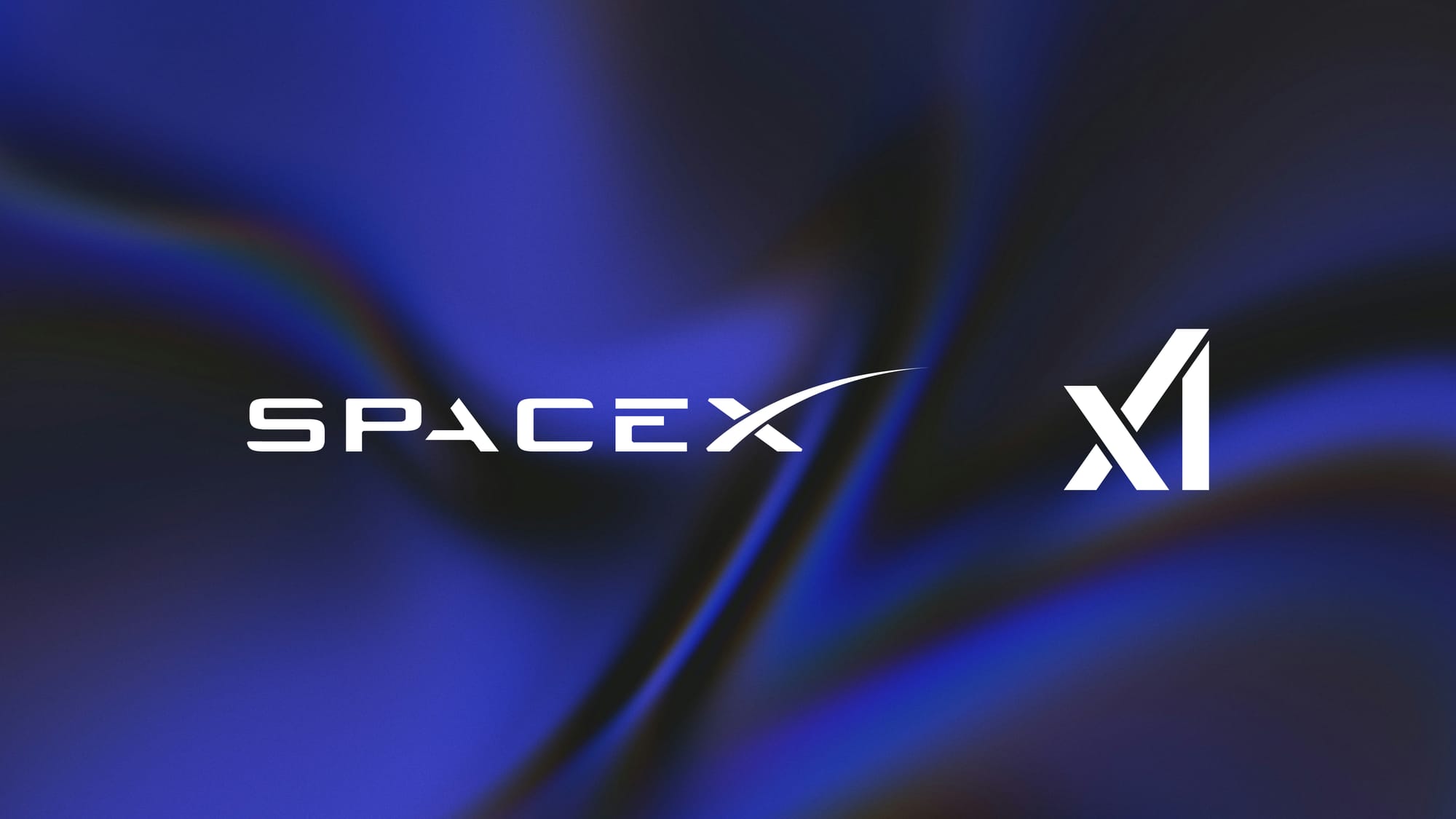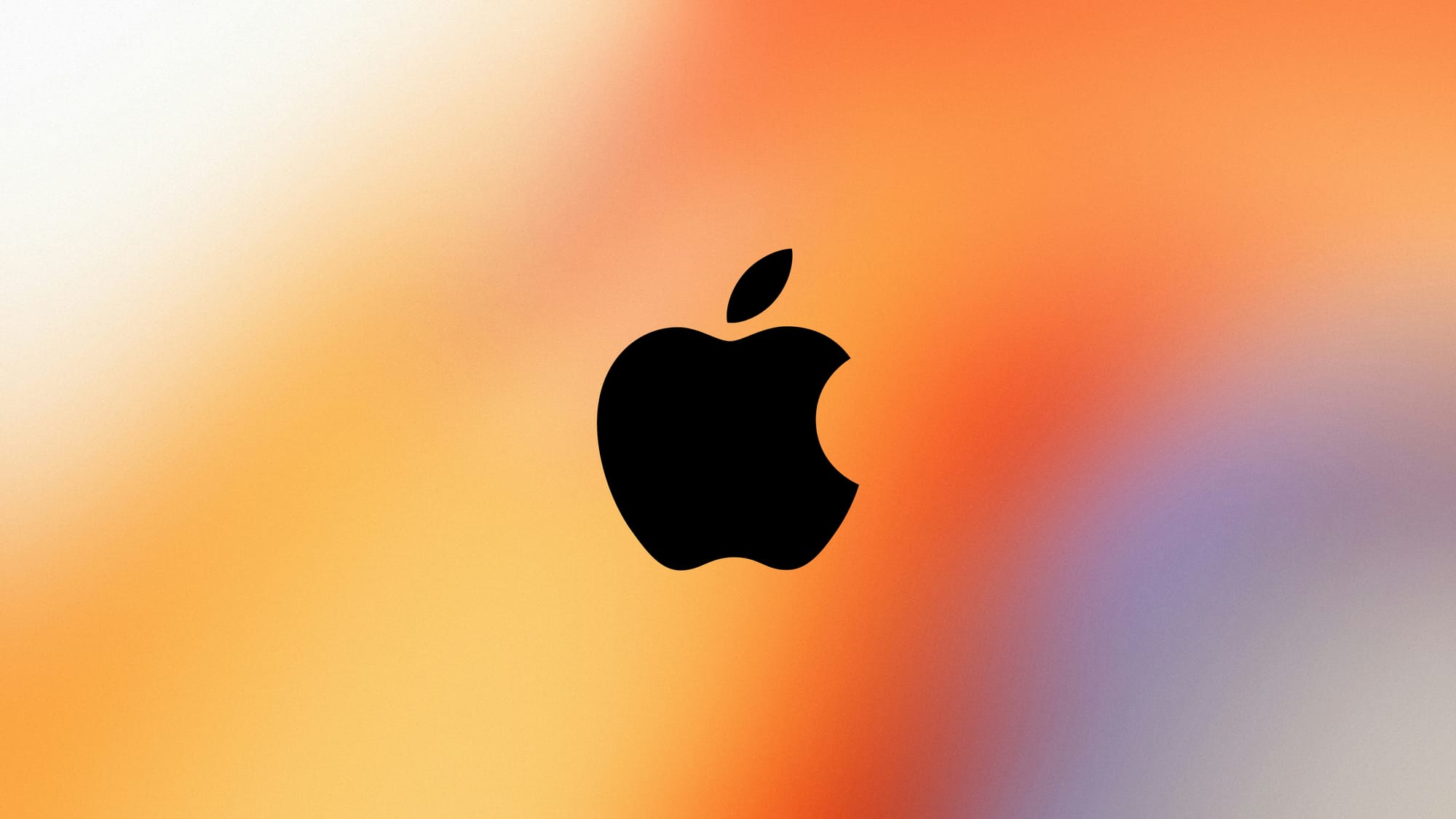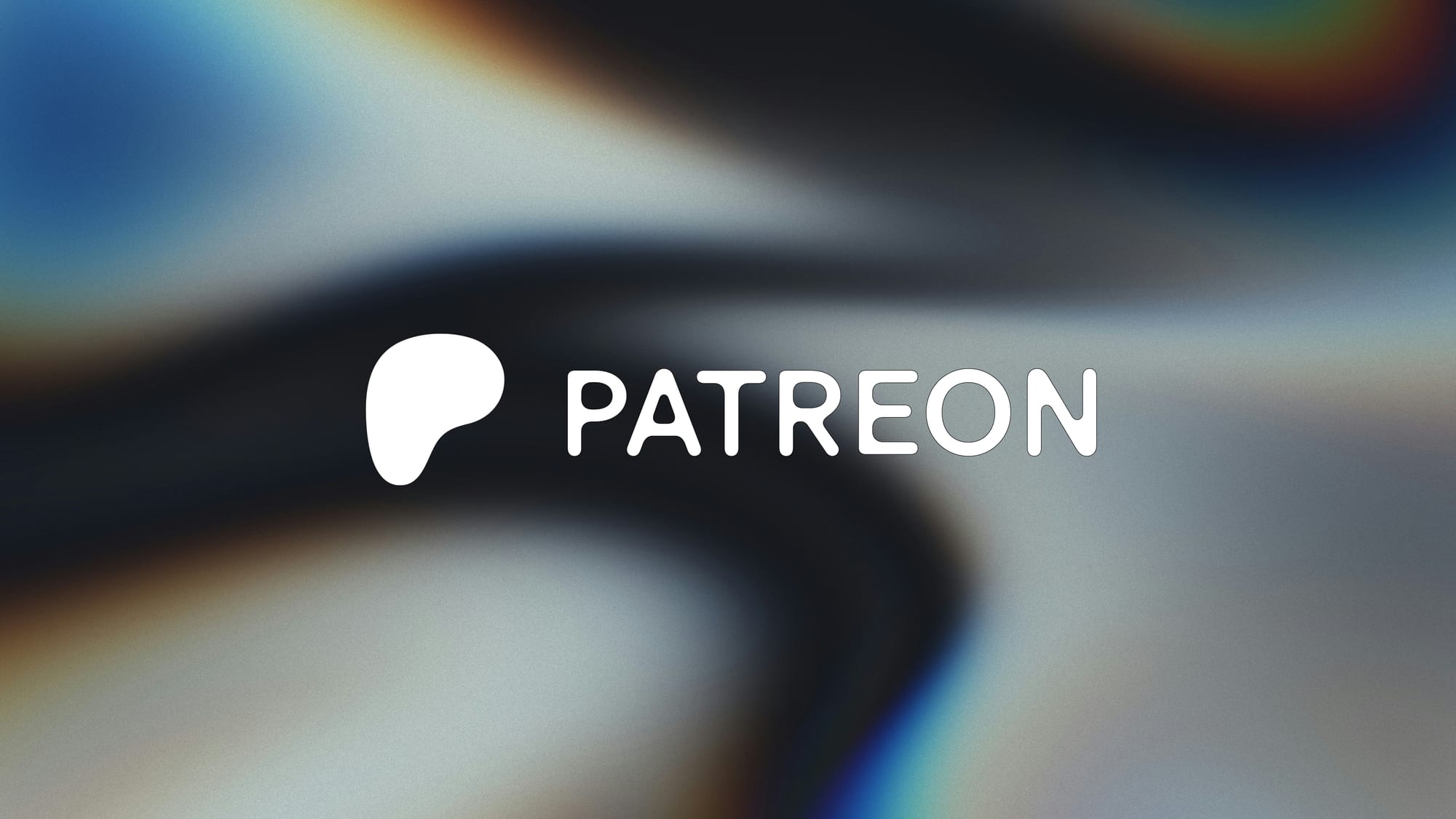Google's Gemini has achieved what seemed impossible just months ago—it knocked OpenAI's ChatGPT off the top spot in Apple's App Store, marking the first time any competitor has challenged the AI giant's mobile dominance. This seismic shift in the artificial intelligence landscape isn't just about app rankings; it's a watershed moment that signals a fundamental transformation in how Americans discover, adopt, and engage with AI technology.
The Nano Banana Phenomenon
The catalyst behind Gemini's meteoric rise is its viral "Nano Banana" image editing feature, launched in August 2025. This innovative tool allows users to perform complex image edits and create hyper-realistic 3D figurines from uploaded photos, complete with acrylic bases and collector-style packaging. The feature has sparked social media trends reminiscent of the Ghibli Studio phenomenon that previously drove ChatGPT's popularity.
Gemini has gained 12.6 million downloads in just the first half of September 2025, representing a 45% month-over-month increase from August's 8.7 million downloads. Josh Woodward, VP of Google Gemini and Google Labs, reported that the app attracted 23 million first-time users since the launch, with those users sharing over 500 million images.
Financial Impact and Market Validation
The surge isn't just about vanity metrics—it's translating into substantial revenue growth that validates Gemini's commercial viability. According to app intelligence firm Appfigures, Gemini has generated $6.3 million on iOS devices in 2025, with $1.6 million earned in August alone following Nano Banana's release. This represents a staggering 1,291% increase from January's baseline of $115,000.
"The app has climbed to the top of global app stores' charts and has seen a 45% month-over-month increase in downloads," according to Appfigures data, demonstrating that users aren't just downloading and forgetting—they're actively engaging with the platform's signature features. Gemini has become a top-five iPhone app in 108 countries globally, showcasing its international appeal.
Strategic Implications for Business Leaders
This development represents more than a temporary shift in app preferences; it signals evolving consumer expectations around AI functionality. Unlike standalone chatbots, Gemini leverages Google's hardware-software ecosystem integration across Pixel devices, Chrome browser, and Android platforms to create powerful network effects and user retention.
For American businesses, Gemini's ascension offers valuable insights into the AI adoption curve. The platform's success demonstrates that specialized, visually oriented AI features can surpass brand recognition when they deliver immediate, practical value to users. Companies looking to integrate AI into their operations should note that 63% of Gemini's total usage comes from enterprise users, with 41% of Fortune 500 companies having embedded Gemini in at least one operational department.
The Competitive Landscape Evolves
Before September 2025, Gemini had only reached as high as No. 3 on the U.S. App Store in January. Its rapid climb to the summit—reaching No. 2 on September 8 before claiming the top position on September 12—illustrates how quickly market dynamics can shift in the AI space.
The broader implications extend beyond mobile apps to Google's overall market position. Alphabet's stock has surged 33% this year, outpacing the Nasdaq's 16% increase, and the company recently joined the exclusive $3 trillion market cap club alongside Nvidia, Microsoft, and Apple.
This milestone represents a pivotal moment in the AI wars, where specialized functionality and viral social media engagement can rapidly reshape competitive dynamics. For businesses navigating this landscape, Gemini's success demonstrates that the next phase of AI adoption will likely be driven by tools that seamlessly blend creativity, practical utility, and social sharing capabilities into compelling user experiences that capture both consumer imagination and enterprise value.














Discussion